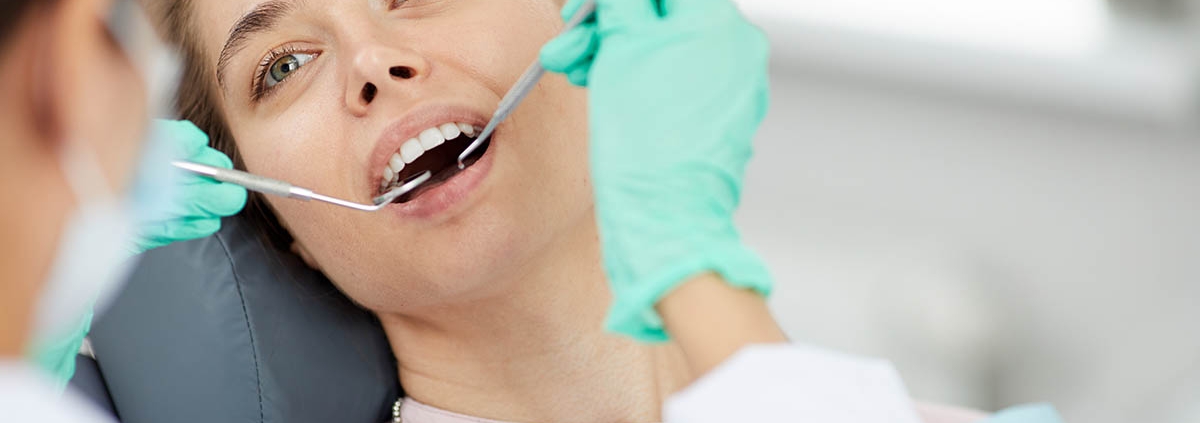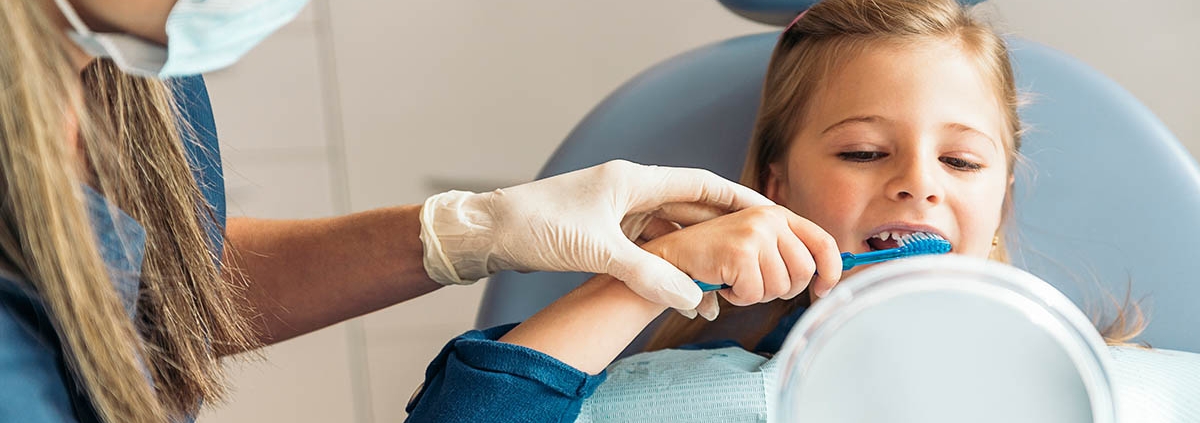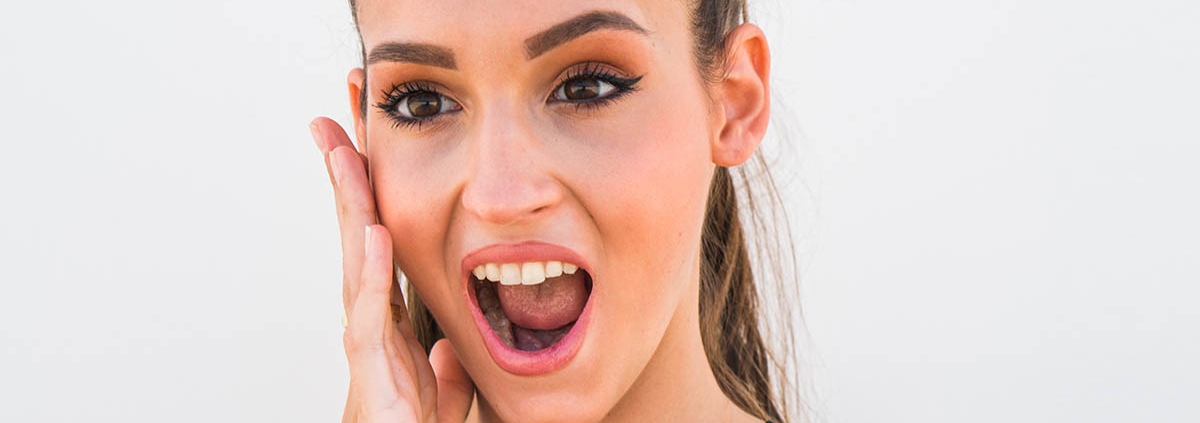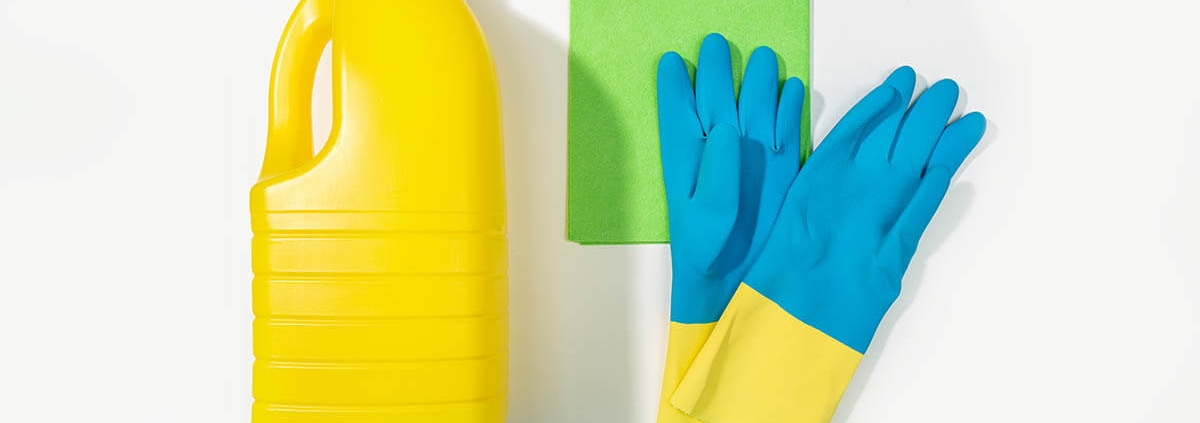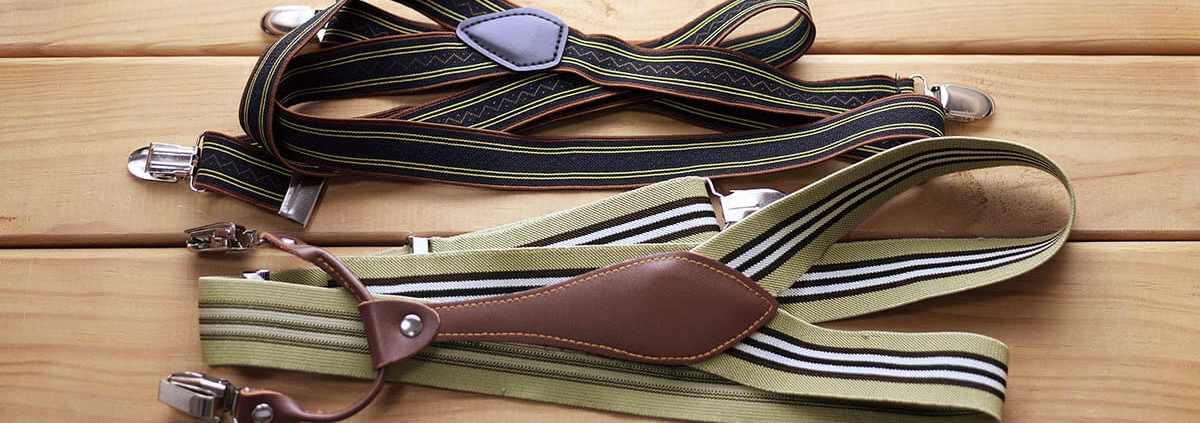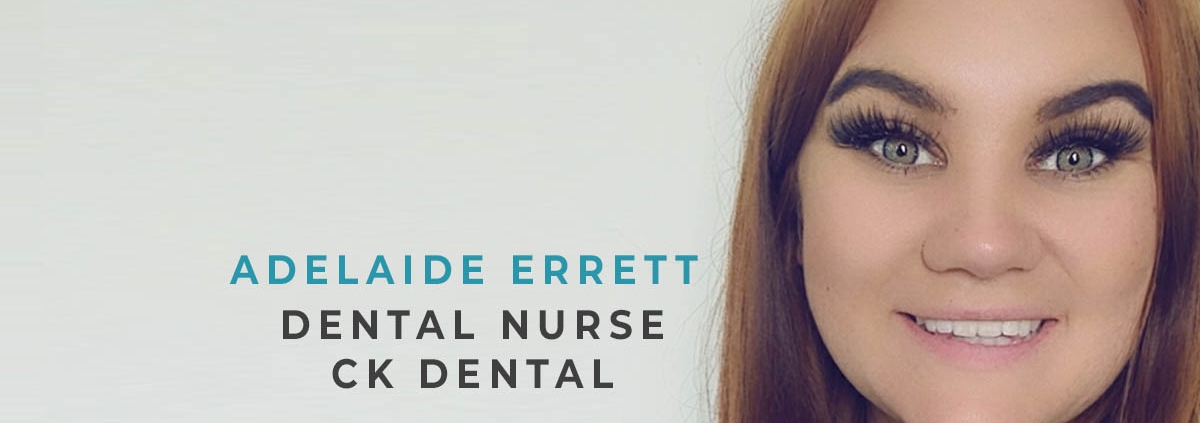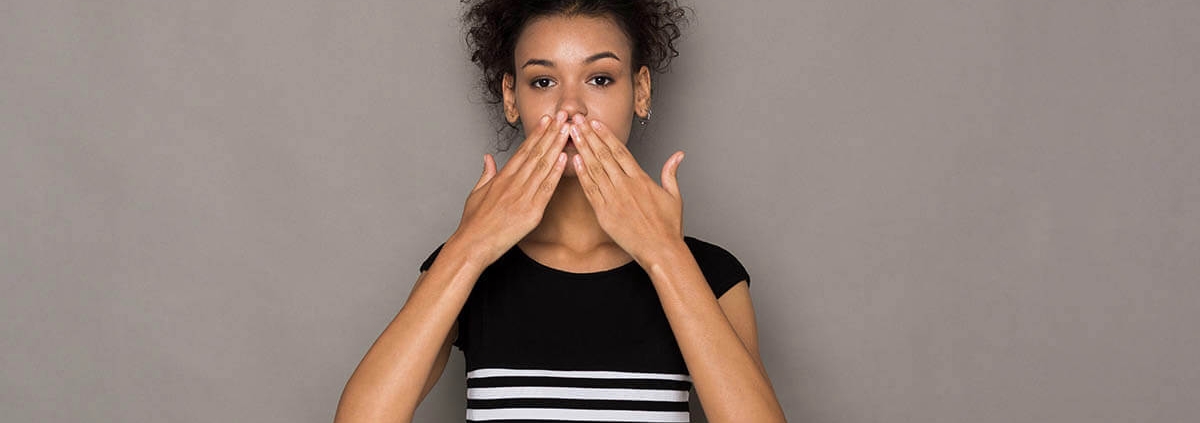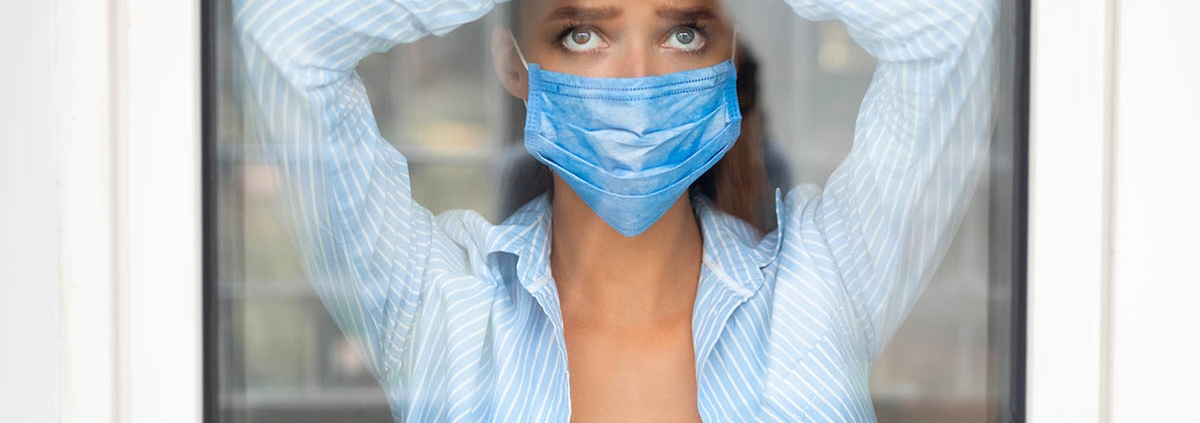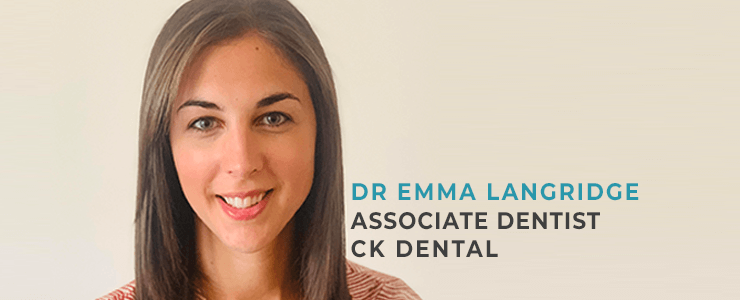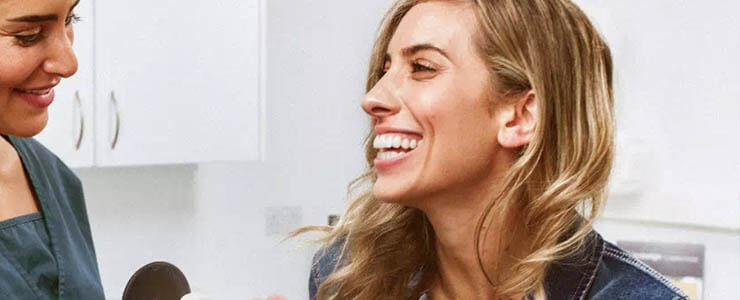These days, you can find information and tutorials online for practically anything you want to learn. Unsurprisingly, DIY beauty tutorials and videos are particularly popular. The trouble is, while some DIY tips can prove invaluable, others are downright dangerous.
One beauty trend which dentists are warning against is DIY braces. Teens across social media have been uploading videos on how to create and use DIY braces. Little do they know the harmful effects it could have, not just on the teeth, but on overall oral health.
Here, we’ll look at why we’re warning against DIY braces and the potential damage they can cause.
What exactly are DIY braces?
The current DIY brace trend sees kids using household items to secure the teeth into position. Common items used include dental floss, paper clips, rubber bands and even fishing line.
The items are fastened onto the teeth and worn for a period of time to attempt to alter their position. While logically it could potentially work, using DIY braces unfortunately poses a lot of risks.
Why are DIY braces bad for the teeth?
The difficulty with DIY braces is that they only look at altering the position of the teeth. With professional braces on the other hand, a dentist will also factor in the position of the upper and lower jaw. This is because braces can pull on the jaw, putting excessive pressure onto it. So, if you use DIY methods, you could potentially end up damaging the jaw.
Another issue some young people have had with DIY braces is the items used to secure the teeth have vanished overnight. While they believe they have simply lost them in bed, the truth is the items have become lodged underneath the gum. This in itself poses a big risk for oral health, not to mention the potential for swallowing items if they do become dislodged in the night.
Another concern with DIY braces is that they could also lead to tooth loss. This is because the braces can cause the ligaments which hold the teeth into position, to break. So, while DIY braces may seem like a good idea, they can do a lot more harm than good.
The benefits of professional teeth straightening
Having braces professionally fitted isn’t just safer, it also delivers a lot more benefits than DIY braces. When fitted correctly, braces can:
- Improve your chewing ability
- Help you regain your confidence
- Eliminate speech impairments
- Reduces the risk of grinding the teeth
- Reduces the risk of gum disease
As well as traditional braces, we also offer Invisalign, which uses clear plastic aligners to gently move teeth into position.
These are just some of the benefits you can expect from professionally fitted braces. So, while it may be tempting to try out DIY braces, the potential risks shouldn’t be ignored. It may be cheaper initially, but the damage it could cause to the teeth and gums could see you paying a lot more in the long-term than you would if you’d have had them professionally fitted.
If you’re unhappy with the appearance of your smile, call CK Dental on 0117 905 9866 to arrange an appointment.

